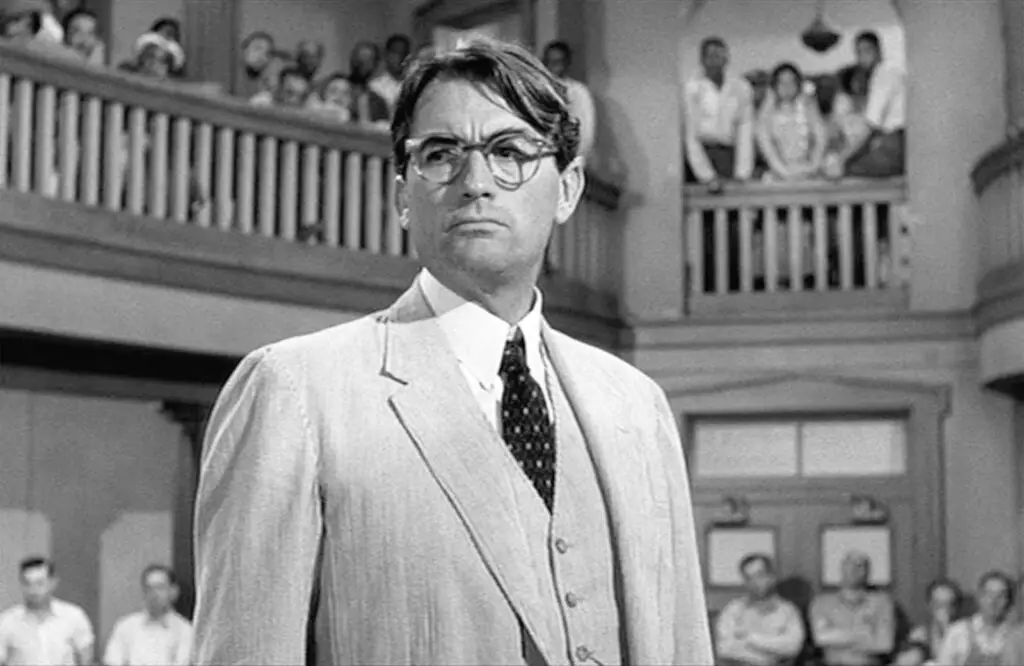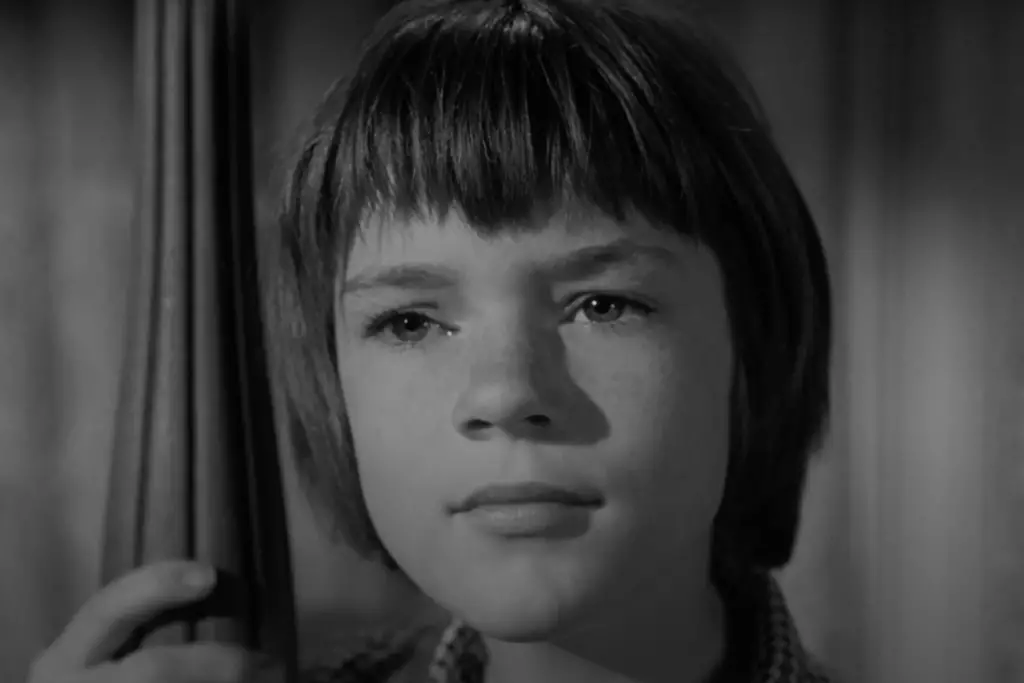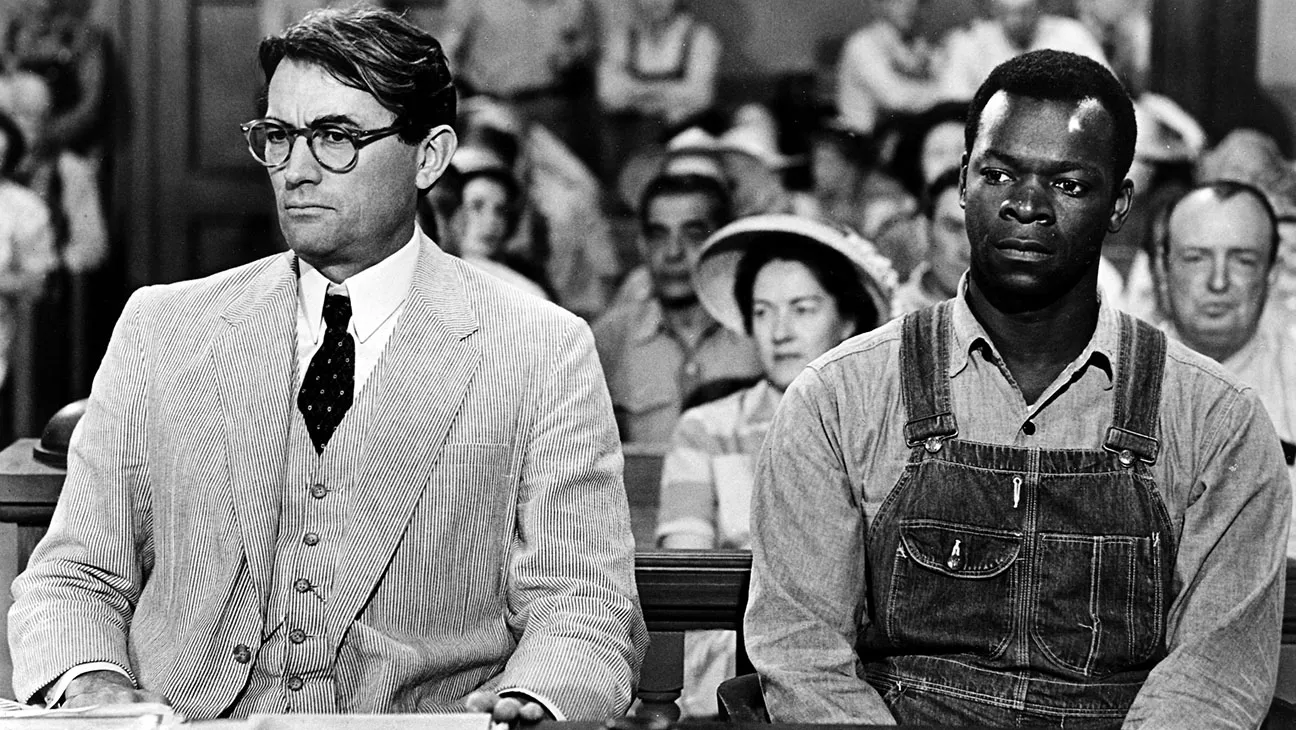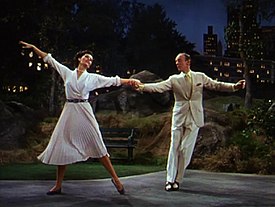Unforgettable Moments: Fascinating Facts About To Kill a Mockingbird (1962)
To Kill a Mockingbird, directed by Robert Mulligan and based on Harper Lee’s Pulitzer Prize-winning novel, remains one of the most beloved films in American cinema. Released in 1962, the film not only won three Academy Awards, including Best Actor for Gregory Peck, but also left an indelible mark on film and literature. Let’s explore some intriguing facts about this classic film!

1. A Legendary Performance
Gregory Peck’s portrayal of Atticus Finch is often considered one of his most iconic roles. Peck’s performance earned him the Academy Award for Best Actor, solidifying his status as a Hollywood legend. His ability to embody the moral backbone of the story resonated with audiences and critics alike, making Finch a symbol of justice and empathy.
2. Faithful Adaptation
The film closely follows Harper Lee’s novel, maintaining the spirit and tone of the source material. Lee herself was reportedly pleased with the adaptation, which is a rare compliment for a literary work transformed into film. The script, penned by Horton Foote, captures the essence of the characters and the social issues the story tackles, including racism and moral growth.

3. Casting Choices
Mary Badham, who played Scout Finch, became the youngest actress ever to receive an Academy Award nomination in the Best Supporting Actress category. Her performance was praised for its authenticity, bringing the perspective of childhood innocence to the film’s heavy themes. Similarly, Brock Peters’ portrayal of Tom Robinson offered a powerful depiction of racial injustice.
4. The Iconic Setting
The film was shot in Monroeville, Alabama, which served as the inspiration for Lee’s fictional town of Maycomb. The authentic Southern setting added depth to the film, capturing the essence of the 1930s American South. Many of the locals participated in the film, contributing to its authenticity and charm.
5. Timeless Themes
To Kill a Mockingbird addresses timeless issues such as racial inequality, moral integrity, and the loss of innocence. Its themes continue to resonate with audiences today, making it a staple in educational settings and a frequent subject of discussion regarding social justice and ethics.
6. Lasting Legacy
The film has had a significant impact on both literature and cinema. It has inspired numerous adaptations, including stage productions and a recent graphic novel edition. The character of Atticus Finch has become a cultural icon, often referenced in discussions about moral courage and justice.
Conclusion
To Kill a Mockingbird remains a powerful exploration of human behavior and morality. Its memorable performances, poignant themes, and dedication to authenticity have solidified its place in cinematic history. Whether you’re revisiting this classic or experiencing it for the first time, the film invites reflection on the principles of justice and empathy that are as relevant today as they were in the 1960s.
Explore the world of To Kill a Mockingbird and discover why this film continues to inspire and resonate with audiences around the globe!






